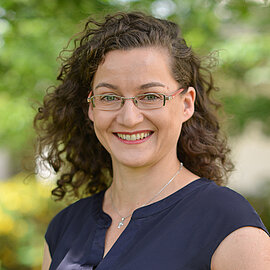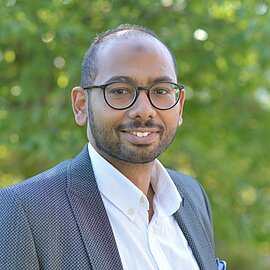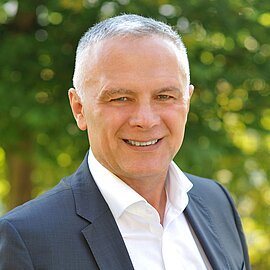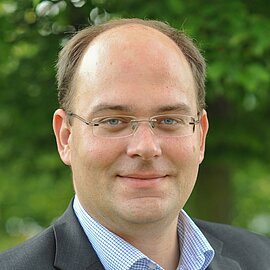Global wheat trade is on the rise. Over the last 20 years, imports have grown by 53 percent to reach 179 million tons. This development has largely been driven by rising incomes and growing populations in Asia and Africa. In IAMO Policy Brief 41, IAMO researchers Osama Ahmed, Thomas Glauben, Maximilian Heigermoser and Sören Prehn look at current developments in global wheat trade and discuss the new role of the EU and the Black Sea Region as leading wheat exporters.
At present, countries in the Middle East and North Africa (MENA) region are among the largest importers of grain. In 2020/2021, Egypt became the world’s largest wheat importer while Algeria and Morocco ranked fourth and eighth, respectively. Historically, MENA countries import wheat from the US. However, in recent years, exporters in the EU and the Black Sea Region, such as Russia, Ukraine, and Kazakhstan, have considerably increased their presence on the MENA wheat market.
In addition, the Euronext wheat futures market is becoming more important for international wheat price discovery. Indeed, since 2015, the US futures markets have begun to increasingly react to changes on the Euronext (MATIF), instead of the other way around.
The authors note that the US has lost its leadership role on the global wheat market to the EU and the Black Sea Region, which must now take greater responsibility for ensuring global food security and fighting hunger and malnutrition.
To achieve this, the authors recommend greater international cooperation between the big Western and Eastern economic powers and warn of escalating economic sanctions and countersanctions. Market interventions can damage trade relationships and hurt import-dependent developing countries. According to IAMO director Thomas Glauben, “It goes without saying that international trade relationships not only promote economic well-being but also help alleviate international conflicts. For one country to believe that it can impose its interests and ideals on another by breaking trade relationships is simply naïve.”
IAMO Policy Brief 41 With great power comes great responsibility: The EU and the Black Sea Region take leadership of the global wheat market is available in German, English and Russian.
IAMO Policy Briefs
IAMO conducts research on important agricultural policies. In our IAMO Policy Briefs we share our take on the researched issues. In this series of publications, we elaborate briefly and in comprehensive language on various topics, which are relevant for today's society. We hope to involve the interested public in these topics as well as decision makers in politics, the economy and the media. Since 2011, we publish IAMO Policy Briefs at irregular intervals. An overview of all IAMO Policy Briefs is available here: www.iamo.de/publikationen/iamo-policy-briefs.




